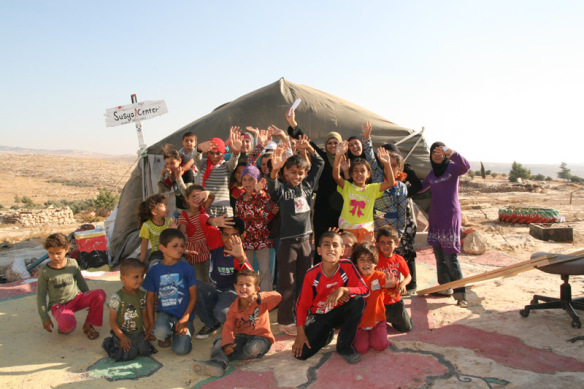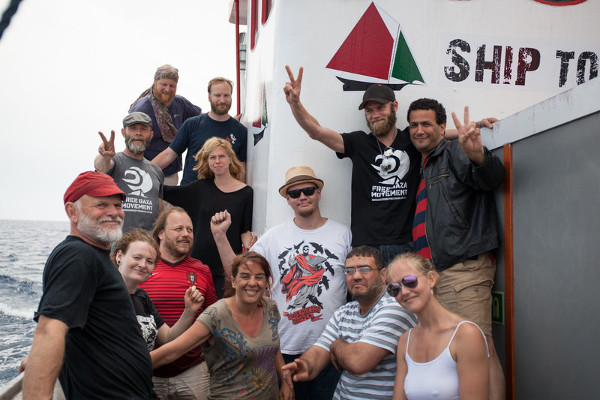Category: Press Releases
-
Call to Action: #SaveSusiya
Susiya Emergency Call To Action Please send the following 2 letters (below). One to EU trade officials (addresses below the letter) and one for Israeli embassies (please make sure to change the name according to location). Protests at your local Israeli embassies (you can find your local embassy athttp://embassies.gov.il/Pages/IsraeliMissionsAroundTheWorld.aspx). LIKE the official #SaveSusiya Facebook page…
-
Protest commemorating one year anniversary of the killing of Mohammad Abu Khdeir met with military violence
2 July 2015, in honor of the first anniversary of the murder of Muhammad Abu Khdeir, Palestinian activists with international supporters blocked a settlers-only road leading to the illegal Adam settlement. Demonstrators cited this road as the road that the murderers took in their search for a Palestinian victim. Journalists, Palestinian and international activists, suffered…
-
Israel once again commits an act of state piracy in the Mediterranean
29th June 2015 | Freedom Flotilla Coalition | International Waters, off the coast of Occupied Palestine At 02:06AM today (Gaza time) the “Marianne” contacted Freedom Flotilla Coalition (FFC) and informed us that three boats of the Israeli navy had surrounded her in international waters, while sailing approximately 100NM from Gaza coast. After that we lost…



